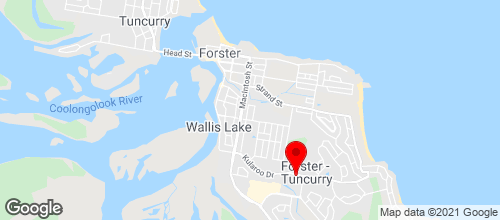Reluctant To Get Your Dog Desexed?
Non-surgical castration of dogs
Many owners, especially male, of male dogs are reluctant to have their dog desexed or ‘fixed’ – in plain terms, desexing, neutering, or ‘fixing’ of male dogs refers to surgical castration where the testes are removed, therefore rendering the dog permanently infertile.
Understandably, a male (human) doesn’t want to have done to his dog what he wouldn’t want to happen to himself (ouch!) and many believe that a dog will be ruined by taking away his masculinity – “a dog’s gotta do what a dog’s gotta do!” However, the benefits are in the dog’s, and owner’s, favour.
Castration reduces behaviour associated with testosterone such as fighting, roaming, and urine-marking, and undesirable sexual behaviours such as mounting and masturbation, as well as decreases the incidence of prostate problems later in life and prevents testicular cancer.
It is also an erroneous belief that castration alters the personality of a dog, since this comes from its brain and not from his testes.
Is there an alternative to desexing?
Well, there’s some good news for dogs that want to retain their ‘manly’ attributes (cosmetically, at least) – there is a non-surgical alternative available that temporarily and reversibly prevents reproduction with the health and behaviour benefits of desexing but without having to ‘have the snip’.
How does it work?
This breakthrough product has been developed by an Australian company – basically it is a contraceptive implant that is inserted under the dog’s skin between the shoulder blades and slowly releases the active ingredient (deslorelin) that suppresses testosterone levels.
Testosterone is generally reduced 2-3 weeks following implantation. It takes around 6 weeks for the dog to become infertile due to sperm which is stored in the reproductive tract. Infertility lasts for a minimum of 6 months or a minimum of 12 months and trials of up to 4 consecutive implants have shown fertility returns after treatment ends.
The implant does not need to be removed but to continue to prevent fertile mating the implant needs to repeated every 6 or 12 months, depending on the implant chosen.
Is it safe?
The implant is safe to use in all dogs and exhibits no side effects. There is no scarring at the site of implant and no anaesthetic is required for its insertion.
What are the advantages of the contaceptive implant?
The benefits of non-surgical castration include:
- Diseases dependant on testosterone (e.g. prostatic enlargement) may be alleviated without the need for surgery.
- Aid in the control of behaviour problems – if you need to address your dog’s behavioural problems which may be testosterone related you can ‘road test’ castration to see if this has a positive effect on your dog’s behaviour.
- Reversible reproductive control
- Sterilisation in older dogs where an anaesthetic would be dangerous
Surgical sterilisation is still encouraged for all pets not intended for breeding purposes but now you have a choice if surgery is not the preferred option. However, please remember that behaviour problems are not always due to testosterone. Please talk to your vet who will be able to advise if this product is best for your dog.
Contributors: Virbac Australia, Dr Julia Adams BVSc
